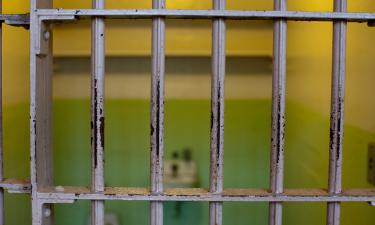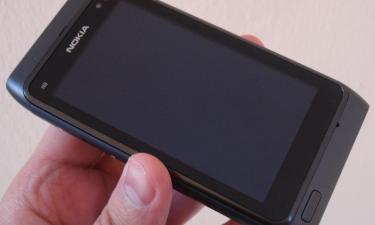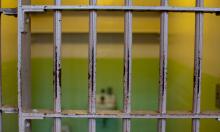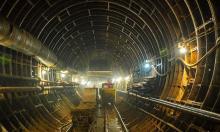Patrick Armstrong's Russian-CIS Situation Report
 Pravda.Ru's Consulting Editor Patrick Armstrong has a look at the Chechen election, the stock market, Russia's new sovereign rating and other important news of the week
Pravda.Ru's Consulting Editor Patrick Armstrong has a look at the Chechen election, the stock market, Russia's new sovereign rating and other important news of the week
Chechnya Election. Official figures say the turnout was 87.7% of whom 80.8% voted for Kadyrov. Well. Let's say about 60% actually turned out to vote: that is a significant repudiation of both the independence fighters and the jihadists. How many actually voted for Kadyrov? Who knows - probably more than for any other candidate, because the real competitors had been removed. So what I believe we've learned is what we knew before: a majority of Chechens have had enough and will accept membership in the Federation, under the offer of a considerable autonomy. A deal they could have had ten years ago had it not been for the romantic abrak dreams of Dudayev. Nonetheless the election is a significant step towards Chechenisation. I have long thought that if the Chechens hunt down the Arabs, Putin can imagine a great deal of autonomy and, eventually, independence. Some analysts are saying that Kadyrov's "election" will precipitate a civil war. They haven't been paying attention: the civil war began in February 1993 with Dudayev's move to eliminate the parliament and it has continued, without cessation, since then. Incidentally, the absence of serious attacks either on the polling stations, or on Russian targets generally, shows that the resistance continues to ebb.
Stock Market. The Russian stock market continues to climb. It's still pretty small- I calculated some months ago that its daily turnover was worth about one and a half minutes of the NY Stock Exchange - but this is an interesting index of the growing confidence that Russia's economy is on the move at last.
Sovereign Rating. Responding to this and other matters (especially Russia's easy passage through a year that was supposed to be such a crunch for debt repayments) Moody's has raised Russia's sovereign rating to Baa3. This means that Moody's considers Russia to be of "average creditworthiness". Economic takeoff some time next year?
Nuclear Flapdoodle. There is a minor flap on because various Russian officials have said that, under some extreme circumstances, Russia might use nuclear weapons. First, they've said that many times before and so does NATO (but more discreetly). As to the remarks about how NATO actions might force Russia to re-consider its defences, two things are appropriate to say. First, despite these kinds of remarks, the actual deployment of Russian troops shows Moscow does not fear attack from the west and, two, if the USA were to put an armoured division into Estonia (which it won't) Moscow would have to re-consider things. Nonetheless, such remarks are tactless and serve no external purpose (but might, of course, serve some sort of internal purpose).
An Interesting Development. Yesterday the Duma adopted, on the first reading, a bill that would amend the law on alternative civilian service to allow young men to perform alternative service near their homes. The amendments had been prepared by the Duma Defence Committee headed by former general Andrey Nikolayev. The original proposals for alternative service had been changed by the General Staff so that the whole thing became rather punitive. In particular, the service was to be done wherever the military decided. This is, then, quite a change and, if passed, would mark a rebuff for the generalocracy.
October Events. The "October events" (the siege of the parliament building) were ten years ago and two Duma deputies want a new investigation. A major preoccupation of the Duma in Yeltsin’s time was attempting to fix blame for everything on Yeltsin, and there were frequent resolutions like this. So this is a bit of a surprise in the Putin period. But elections are coming and it is the season for grandstanding and stunts.
The Bill for Belarus. We now have an idea what acquiring Belarus Inc will cost Russia Inc, or at least we have Belarus's high bid. The Belarus National Bank Chairman just said that Belarus would need from 120-160 billion Russian rubles (about US$4-5 billion) to compensate for the replacement of its money by the Russian ruble. But he helpfully suggested that Russia could just print the money rather than take it out of the budget. So, really, it won't cost Russia anything. The old Soviet view of economics remains, pickled, in Belarus.
Patrick Armstrong, Ottawa
Important Disclaimer: What is found above are personal views on Russia and Russia-related issues and do not reflect any opinions other than of the writer(s) associated with this private endeavor.
Subscribe to Pravda.Ru Telegram channel, Facebook, RSS!





